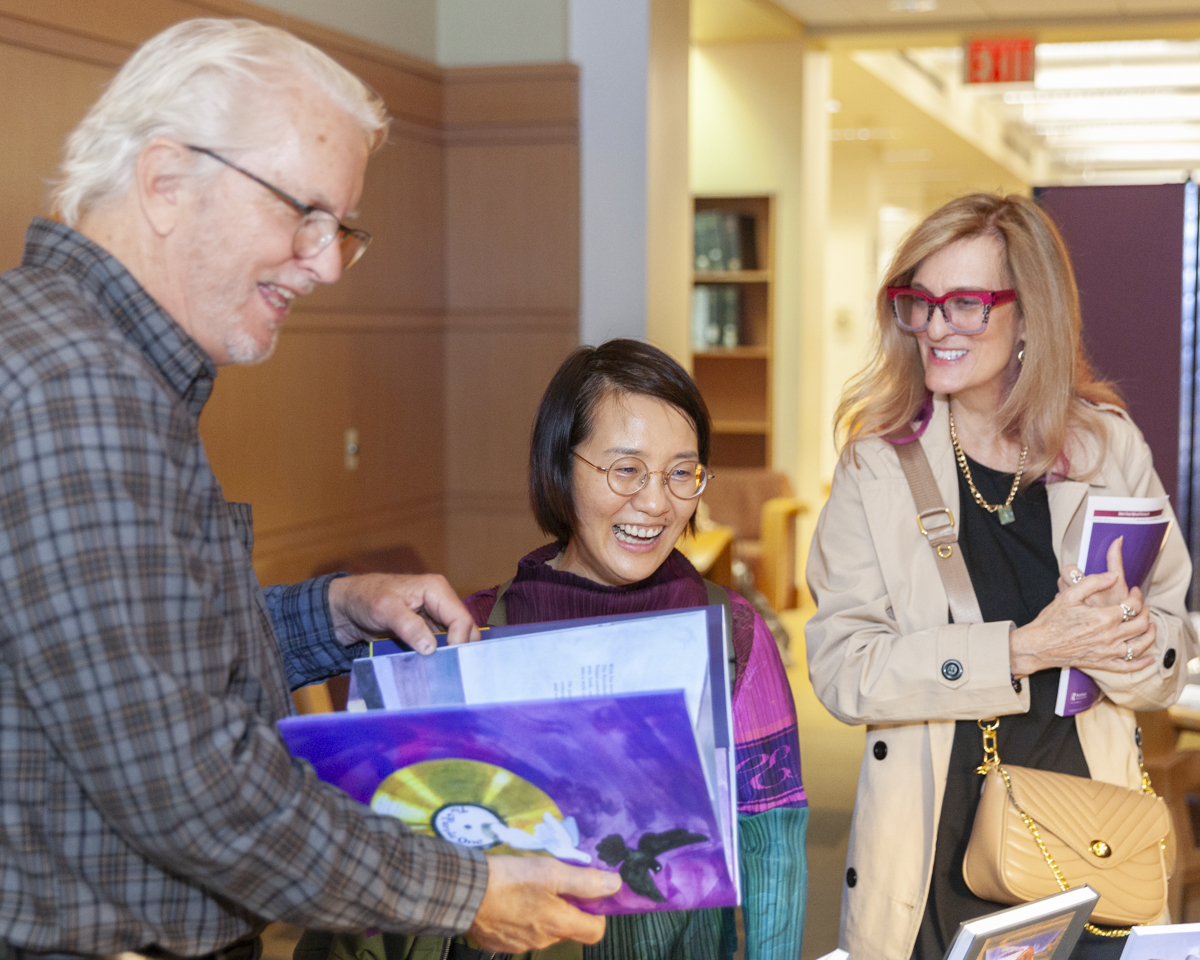Thanks to a joint program between CUNY and the nonprofit Theatre Development Fund (TDF), SEEK students are partaking in a quintessential New York experience — attending a Broadway show. For many, it’s their first taste of live theater.
The CUNY/TDF BEAT (Bridging Education and Theatre) program introduces students, faculty and staff to the city’s performing arts through a range of TDF programs tailored to the CUNY community.
At Brooklyn College, SEEK students who were enrolled this semester in the course “The Self and Society” received tickets to two shows: Memphis, a musical based on a white Memphis radio disc jockey who played black music in the 1950s, and The House of Blue Leaves, a revival of a 1971 John Guare play starring Ben Stiller and Edie Falco.
“One of TDF’s objectives is to broaden the audience for theater,” says Robert Gore, an outreach specialist with TDF. “SEEK students, many of whom have never seen a Broadway show, make ideal targets for our program.”
The SEEK (Search for Education, Elevation and Knowledge) program provides special assistance — counseling, academic and financial — to high-potential, low-income students. Professor Sharona Levy, SEEK’s director, agrees that these are students who would benefit especially from CUNY/TDF BEAT.
“This is a unique opportunity to widen our students’ exposure to a crucial cultural activity: Broadway theater-going,” she says. “It’s exciting as a sociological experience and as an educational one. Our students have enjoyed learning what theater is like both behind the scenes and as audience members.
“Through pre- and post-performance workshops, they’ve developed an increased appreciation for what makes live theater a very different experience from films and television. Now, many of them are eager to join TDF and go to plays with friends and family. For me, it’s been a great success.”
Prior to each show, a TDF teaching artist, April Armstrong, came on campus to prepare the students for a night out in Manhattan, explaining everything from what to wear to what to expect in the theater and how to get home afterward.
Armstrong returned a few weeks after each show to discuss what the students learned — what the play was about, how it made them feel, and how the actors interacted with each other. She also had them stand in a circle and play a game in which, one by one, students extend a body part – head, hand, foot, etc. – toward another and says “zip,” “zap” or “zop.” The one who receives the gesture makes a similar move toward another, and so on and so on
The exercise, Armstrong explains, is common in acting classes to relax students so that they can better interact. “It makes them look at each other rather than at the floor and also forces them to act silly so that they can loosen up and express their thoughts.”
Justiin Davis, a SEEK student and card-carrying member of the Screen Actors Guild, summarized the program well: “It’s like Brooklyn College has brought the arts to Brooklyn. We’re New Yorkers, too. It’s a great thing for all of us.”
In addition to Brooklyn College, the partnership between CUNY and TDF works with students at Baruch, Lehman and LaGuardia Community colleges, and based on its success to date, is looking to expand its reach.


